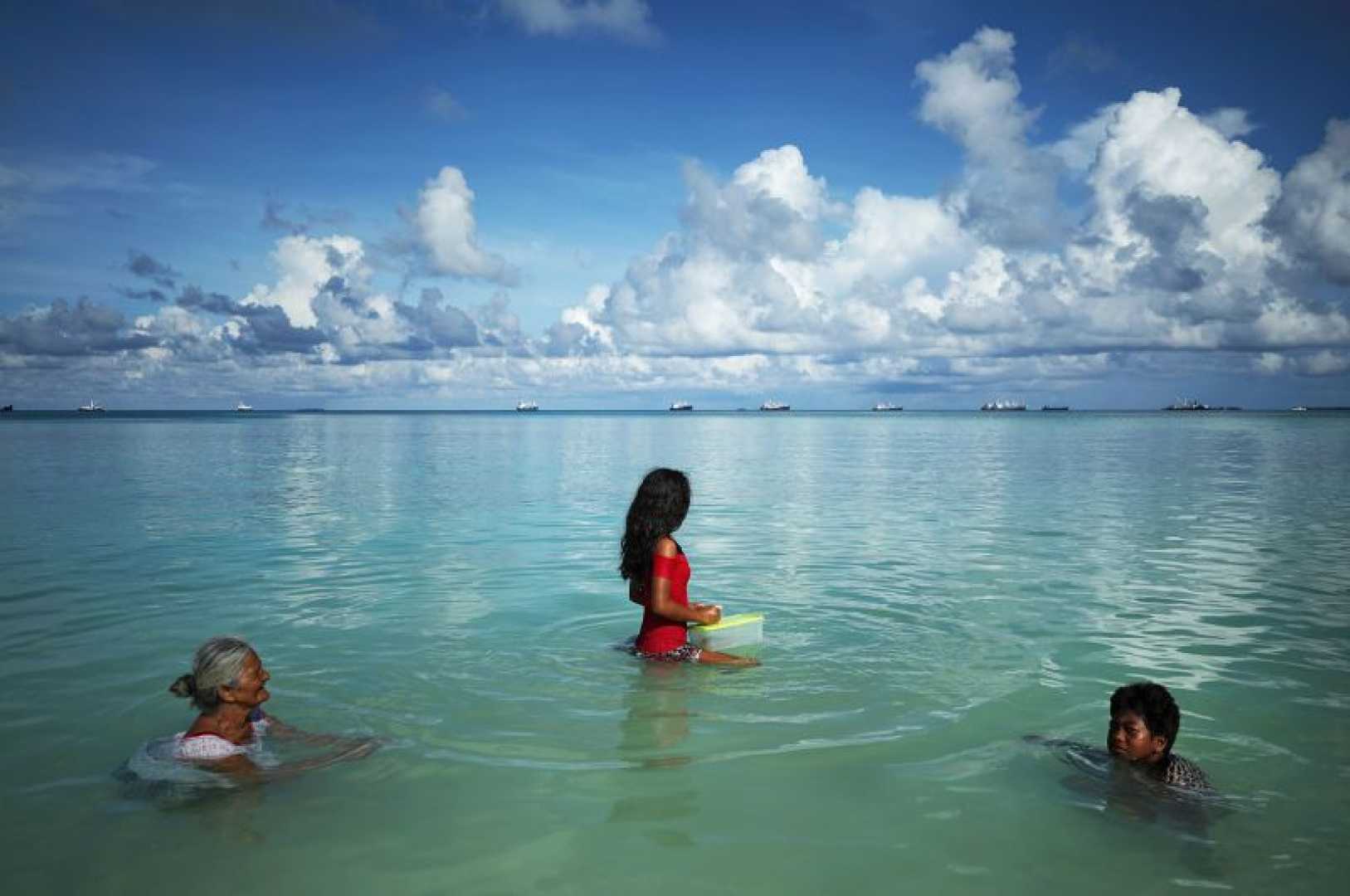World
Tuvaluans Flee Rising Seas: Over 4,000 Apply for Australian Residency

Sydney, Australia — More than a third of Tuvalu‘s population has applied to move to Australia as part of a new visa scheme aimed at helping residents escape rising sea levels. Tuvalu, an island nation halfway between Hawaii and Australia, is home to around 10,000 people living on small islets in the South Pacific.
On June 16, Australia opened applications for this unique visa, designed due to climate change impacts. The country plans to accept 280 visa recipients from a random ballot taking place between July and January 2026. Tuvaluans selected will receive permanent residency upon arrival, allowing them to work and access public healthcare and education.
As of now, over 4,000 people from Tuvalu have submitted applications, according to government statistics. Australian Foreign Minister Penny Wong emphasized the life-changing aspects of this initiative. ‘The opening of the Falepili Mobility Pathway delivers on our shared vision for mobility with dignity,’ Wong stated.
Tuvalu’s Prime Minister Feleti Teo warned that by 2050, more than half of Tuvalu would regularly experience tidal inundation, with projections indicating that 90% could be underwater by 2100. Teo expressed the dire situation in his country at the recent United Nations Oceans Conference, stating that internal relocation within Tuvalu is impossible due to its low elevation.
Funafuti, Tuvalu’s capital, is particularly vulnerable, as it features the most populated islet in the nation, with some land areas measuring just 65 feet wide. Teo remarked, ‘There is no option to move inland or move to higher ground, because there is no higher ground.’
The visa scheme stems from a broader agreement signed in 2023, where Australia committed to defend Tuvalu both militarily and against climate impacts. The pact also ensures that Tuvalu’s statehood and sovereignty will remain intact, even if the island becomes uninhabitable.
Australia recognizes Tuvalu’s efforts to maintain its identity amid these challenges, particularly its initiative to digitize its heritage as a means of preserving culture and governance. Prime Minister Anthony Albanese reinforced Australia’s role as a reliable partner in the Pacific region.
This proactive approach contrasts sharply with the recent policies of the Trump administration in the U.S., which has aimed to crack down on immigration and climate-related support.












